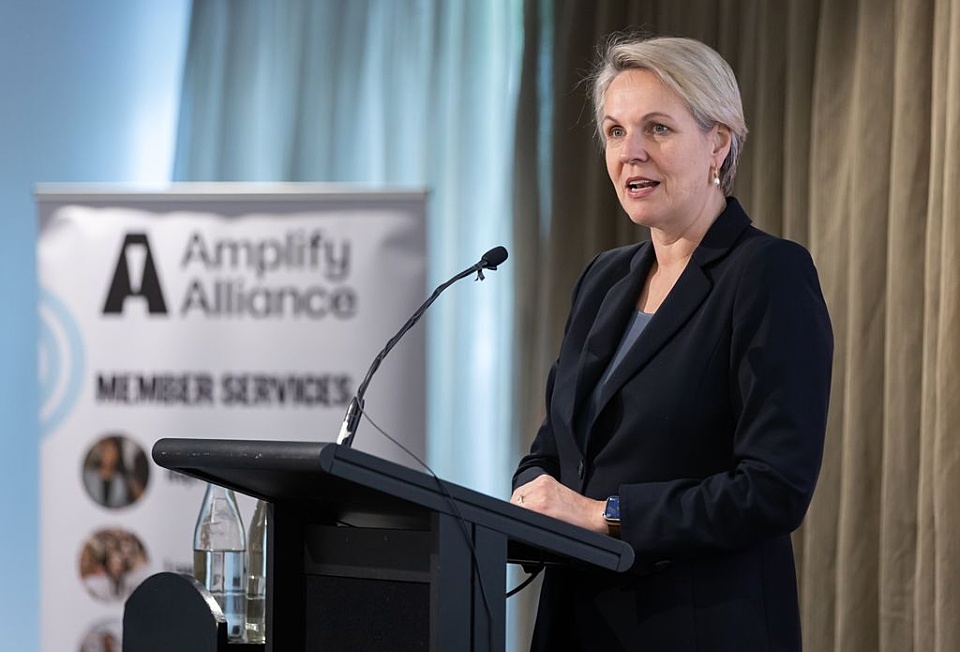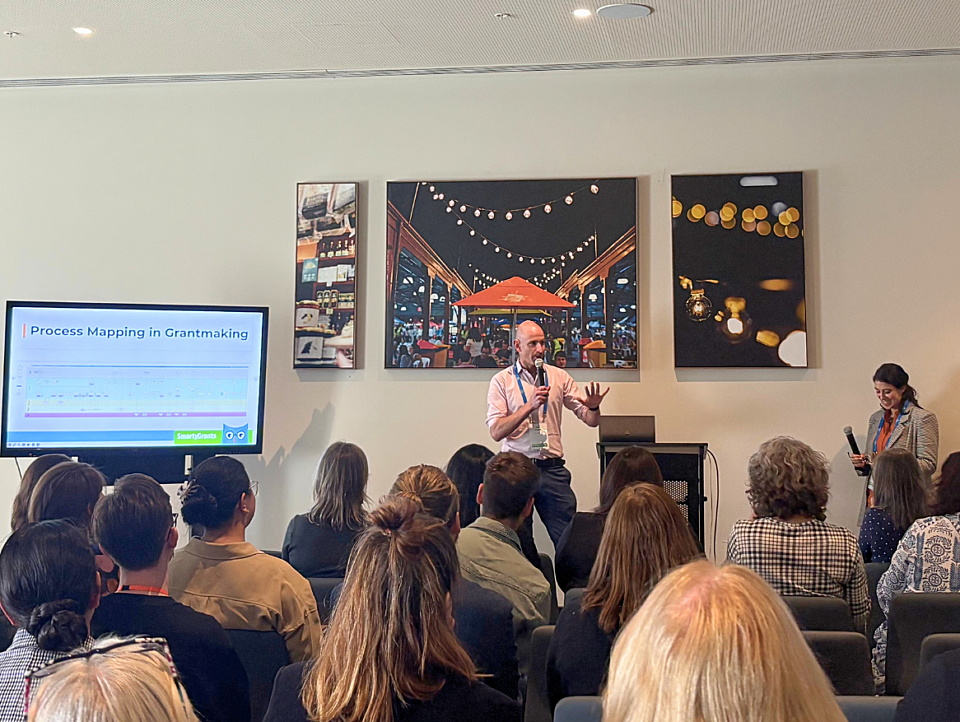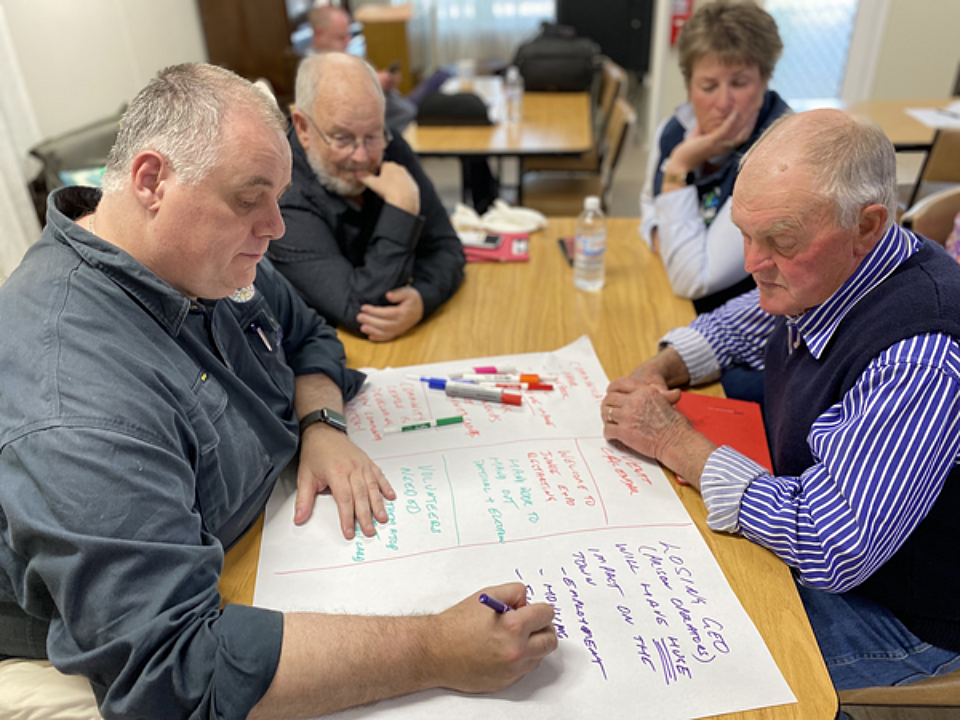
Feds flag human services grants shakeup
Posted on 15 Dec 2025
The federal government is trialling longer-term contracts for not-for-profits that deliver…
Posted on 01 May 2025
By Matthew Schulz, journalist, SmartyGrants

The Australian Research Council (ARC) has unveiled major reforms to its National Competitive Grants Program (NCGP), with a plan to make funding simpler, more inclusive and more strategic.

The ARC funds about 7% of the government’s investment in research and development and about 40% of competitive research grant funding; it allocates $1.03 billion in total each year.
The discussion paper A New Plan for ARC-Funded Research sets out a blueprint for streamlining processes, boosting early-career and Indigenous research, and fostering greater collaboration between universities, industry and communities.
The proposed changes follow a 2023 government-commissioned review of the ARC – including the council’s governing act – that found trust in the body had been “dramatically eroded” by several ministerial interventions.
That lack of trust came to a head when the former Coalition government, led by Scott Morrison, used its veto powers on Christmas Eve in 2021 to cancel $1.4 million in funding awarded by the ARC to six humanities projects, triggering a petition by academics and intellectuals.
Alongside perceptions of political meddling, the research community has long been concerned about the ARC’s independence, long delays in assessing applications, difficult application processes, grant review methods, lack of focus on “basic research”, funding levels, success rates and flagging international partnerships.
A March 2022 Senate examination of the ARC Act found it “prescriptive, inflexible, and outdated”, weighed down by “a high level of old-fashioned administrative and legislative burden”.

After Labor took office in 2022, federal Education Minister Jason Clare ordered a formal review in August of that year amid sustained criticism of the way the ARC had handled grants.
The review suggested that more “checks and balances” were needed and that the minister should intervene in funding decisions only in the event of “a potential threat to national security”. Instead, recommendations and approvals “should be made by those best placed to judge the intrinsic merit of the proposals”.
The review, led by a former CEO of the ARC, Professor Margaret Sheil, also proposed clear separation between ARC grants programs and other funding that meets strategic government research objectives.
“The goal, quite simply, is to enhance the way the ARC encourages and supports the very best, most creative research."
Among the 223 submissions were statements from Australia’s top eight universities, supporting major changes to the ARC’s governance, role and focus.
The review led to significant changes to the ARC Act in July 2024, including new legislative objects, and to governance arrangements, including the establishment of an independent board.

“The goal, quite simply, is to enhance the way the ARC encourages and supports the very best, most creative research,” said ARC board chair Professor Peter Shergold.
Under the proposals outlined in the discussion paper, the ARC would simplify application processes, introduce faster funding decisions, and create six flexible grant categories to better support researchers across different stages and disciplines.
The reforms include the establishment of a dedicated stream to support Aboriginal and Torres Strait Islander researchers, and new programs to nurture early-career researchers through structured fellowships and leadership development opportunities.
The ARC also recommends a stronger focus on aligning research with national priorities, while protecting the vital role of investigator-led discovery research. A new grants category, “collaborate”, would fund cross-sector partnerships to drive innovation and social impact.
Consultation about the changes ended mid-April, and a final report is due to the government mid-year.
For more information about the review and discussion paper, visit here.

Posted on 15 Dec 2025
The federal government is trialling longer-term contracts for not-for-profits that deliver…

Posted on 15 Dec 2025
A Queensland audit has made a string of critical findings about the handling of grants in a $330…

Posted on 15 Dec 2025
The federal government’s recent reforms to the Commonwealth procurement rules (CPRs) mark a pivotal…

Posted on 15 Dec 2025
With billions of dollars at stake – including vast sums being allocated by governments –grantmakers…

Posted on 15 Dec 2025
Nearly 100 grantmakers converged on Melbourne recently to address the big issues facing the…

Posted on 10 Dec 2025
Just one-in-four not-for-profits feels financially sustainable, according to a new survey by the…

Posted on 10 Dec 2025
The Foundation for Rural & Regional Renewal (FRRR) has released a new free data tool to offer…

Posted on 10 Dec 2025
A major new report says a cohesive, national, all-governments strategy is required to ensure better…

Posted on 08 Dec 2025
A pioneering welfare effort that helps solo mums into self-employment, a First Nations-led impact…

Posted on 24 Nov 2025
The deployment of third-party grant assessors can reduce the risks to funders of corruption,…

Posted on 21 Oct 2025
An artificial intelligence tool to help not-for-profits and charities craft stronger grant…

Posted on 21 Oct 2025
Artificial intelligence (AI) is becoming an essential tool for not-for-profits seeking to win…